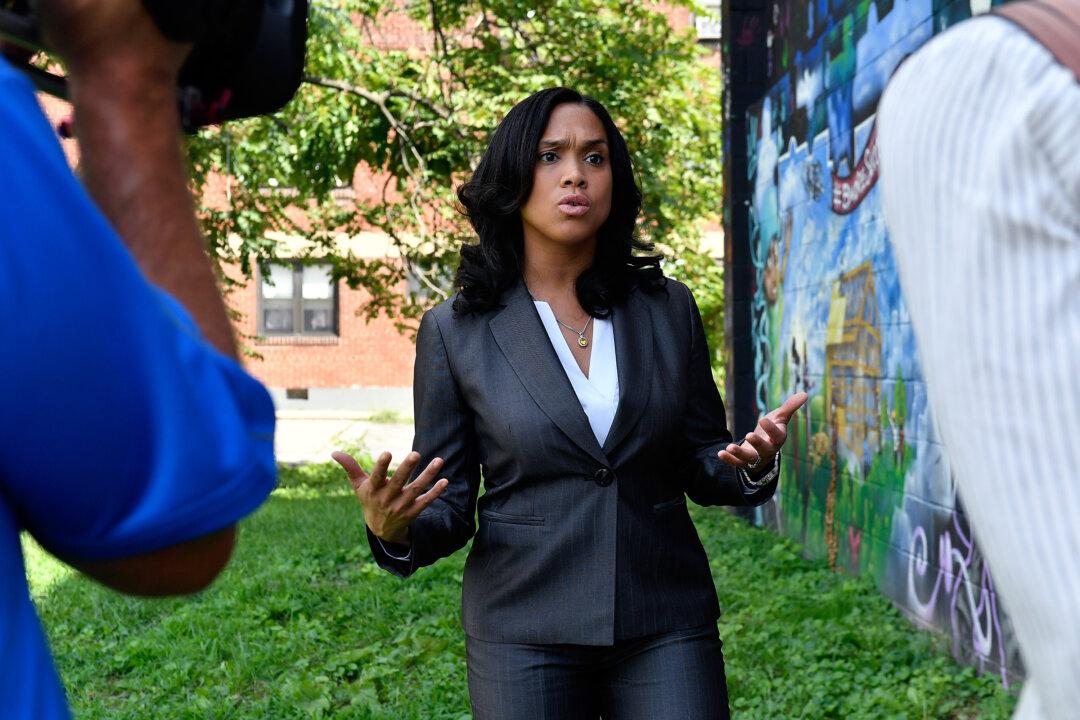The city of Baltimore is permanently ending the prosecution of crimes described as low-level and nonviolent, including prostitution and drug possession.
Officials late last week said the adoption comes after a one-year period of trying the criminal justice approach, which they said was successful, as crimes across the board decreased.





